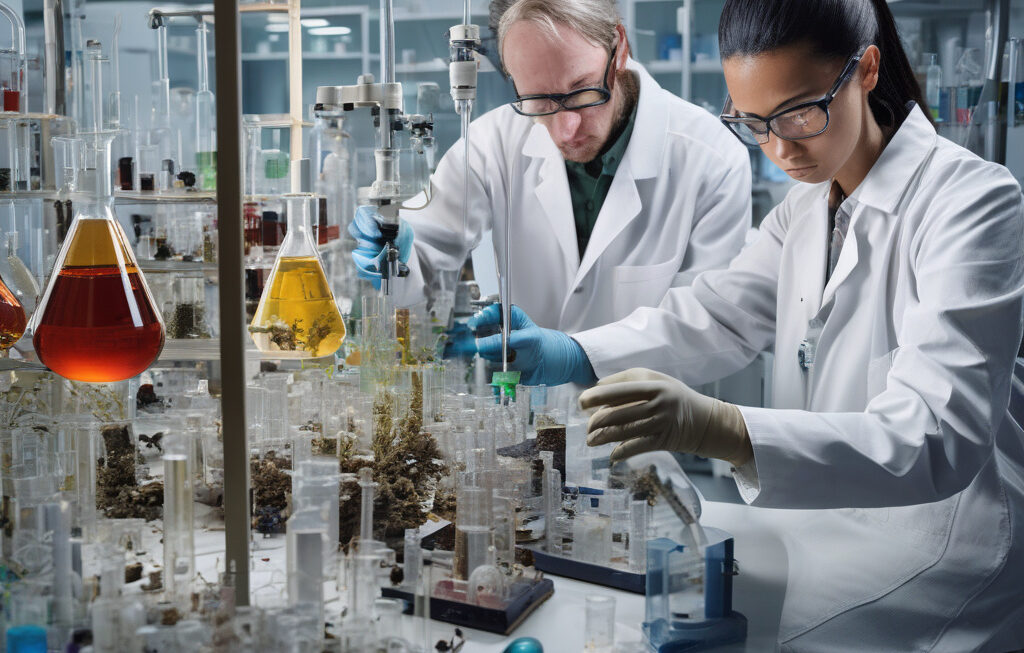Beauty Clinics in UK Under Scrutiny for Offering Banned Treatments Derived From Human Cells
The beauty industry is no stranger to controversy, especially when it comes to the latest trends and treatments. One such trend that has recently come under scrutiny is the use of exosomes in skincare procedures. Exosomes, tiny particles released by cells, have gained popularity thanks to celebrities like Kim Kardashian, who swear by their rejuvenating properties. However, what many may not realize is that the exosomes used in these treatments are typically derived from plant or salmon cells. Recently, it has come to light that some beauty clinics in the UK are offering exosome treatments that rely on human cell matter, a practice that goes against UK and EU regulations.
The use of exosomes in skincare treatments is not new. These tiny vesicles play a crucial role in cell-to-cell communication and are believed to have regenerative properties that can help improve the skin’s texture and appearance. While exosome-based treatments have been widely used in the beauty industry, the source of these exosomes is what sets the controversial treatments apart.
Most exosome-based skincare products on the market are derived from plant sources or, in some cases, from salmon DNA. These sources are considered safe and ethical, making them compliant with UK and EU regulations. However, the use of exosomes derived from human cell matter raises serious ethical and legal concerns.
The beauty clinics offering exosome treatments derived from human cells are treading on dangerous ground. Not only does this practice violate regulations set forth by governing bodies, but it also raises questions about the ethical implications of using human tissue in cosmetic procedures. The potential risks and unknown long-term effects of such treatments further highlight the need for strict adherence to regulations and guidelines.
In response to these revelations, regulatory authorities in the UK have begun investigating beauty clinics that offer exosome treatments derived from human cells. The goal is to ensure that these clinics are held accountable for their actions and to prevent further breaches of regulations in the beauty industry. By cracking down on non-compliant practices, authorities aim to protect consumers and uphold the integrity of the beauty and skincare sector.
The controversy surrounding beauty clinics offering banned treatments derived from human cells serves as a stark reminder of the importance of transparency and ethical conduct in the beauty industry. Consumers must be vigilant and informed about the treatments they undergo, ensuring that they are safe, legal, and ethically sourced. As the demand for innovative skincare solutions continues to rise, it is crucial for beauty clinics to prioritize compliance with regulations and prioritize the well-being of their clients.
In conclusion, the use of exosomes derived from human cells in skincare treatments is a concerning trend that has caught the attention of regulatory authorities in the UK. Beauty clinics offering these banned treatments are under scrutiny for breaching regulations and ethical standards. By addressing these issues and holding non-compliant clinics accountable, authorities can safeguard consumers and uphold the integrity of the beauty industry.
beauty, clinics, UK, exosomes, human cells












